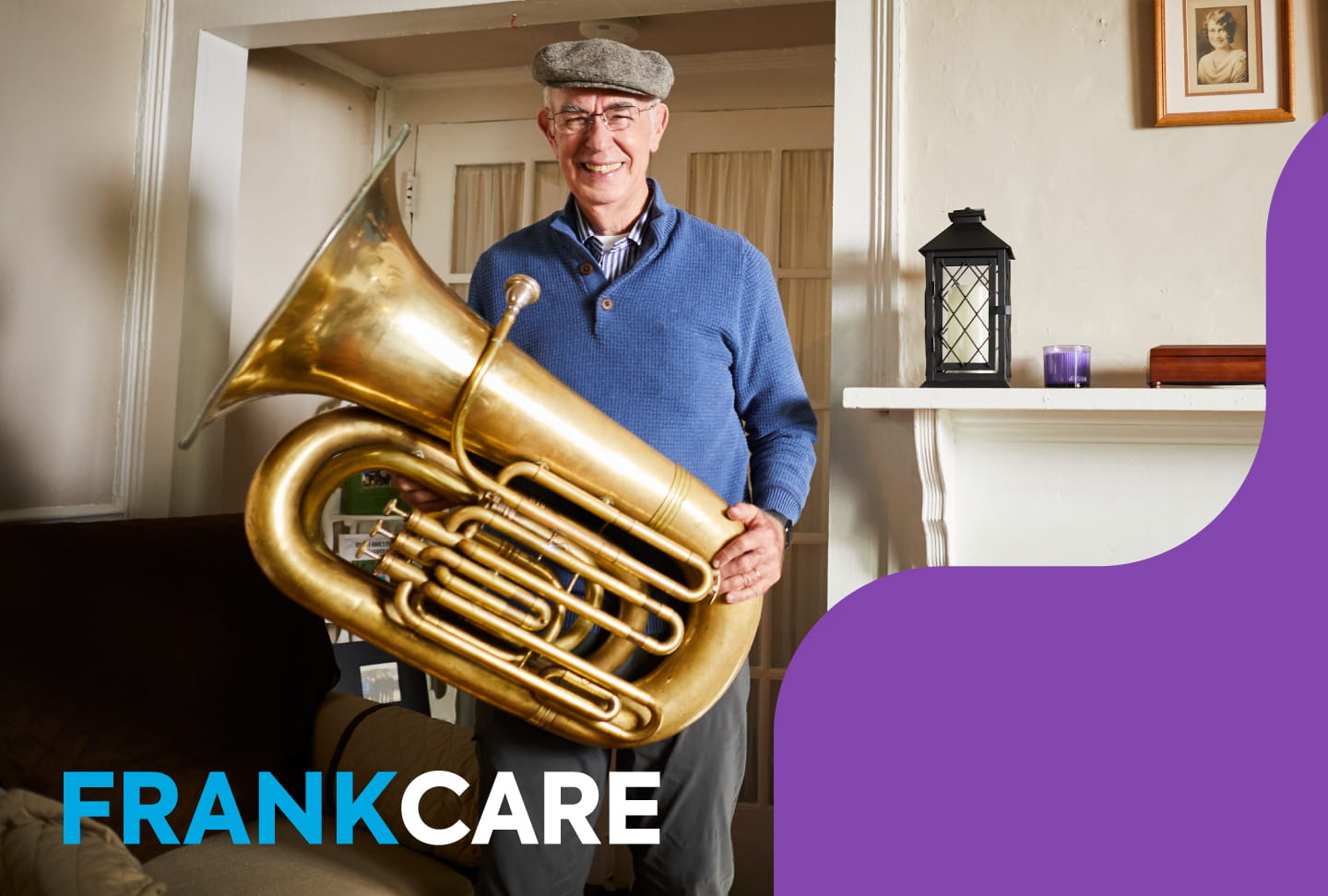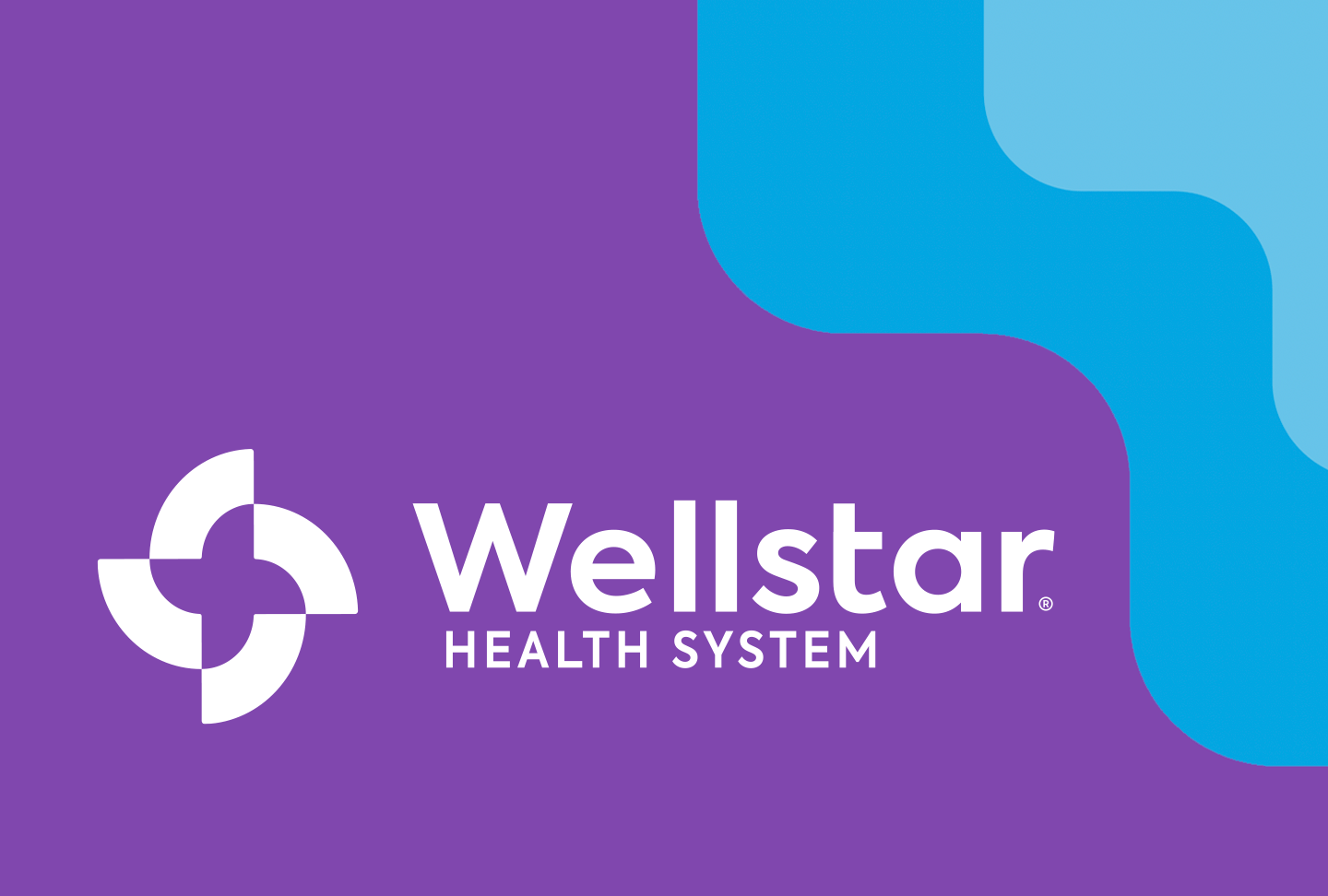The healthcare landscape and the needs of patients and communities, both throughout Georgia and across the country, are ever changing. Wellstar Health System—nationally ranked and locally recognized for its high-quality care, inclusive culture, and exceptional doctors and team members—actively listens to the people in the communities it serves to best understand and respond to what they want, need, and expect from their healthcare provider.
Actively and regularly listening ensures that Wellstar is evolving alongside its patients and communities, providing not only responsive care to emergent needs, but also ongoing, quality, and personalized care at every age and stage of life. Wellstar spent the last 18 months on a renewed listening journey, interviewing more than 8,000 Georgians, including team members, community partners, patients, and consumers, with the objective of informing strategy and taking action to best serve the healthcare needs of the people they serve.
“Enhancing the health and well-being of people requires pausing—and listening—to what consumers and communities tell us they want, need, and expect for their healthcare journey,” said Candice Saunders, FACHE, president and CEO of Wellstar Health System. “Much of what we hear and learn from our ongoing research is exactly what we strive to deliver to every patient, every time: compassionate, quality care. Over the last year and a half, we heard directly from people across the state that they want to feel valued as a unique person and in control of their healthcare decisions—in partnership with their providers. This insight not only validates our approach to patient care, it guided us to take action and renew our commitment to excellence with a personalized and integrated approach that is more than healthcare."
”Combining these research insights with patient feedback, as well as critical regional insights from its 2019 Community Health Needs Assessment with the Georgia Health Policy Center, Wellstar refined its mission, vision, and values and launched a new brand identity. Today, the not-for-profit announced the launch of its new system-wide brand campaign—“More Than Healthcare. PeopleCare.”
“Many people are asking ‘why now?’, and the answer is that our focus over the past few years has been fully integrating our healthcare service offerings across our entire system to ensure that our patients and communities have access to the care they need and deserve across the entire Wellstar footprint,” said Saunders. “Now, we want to make it clear to everyone we serve that being one of the largest and most integrated healthcare systems in Georgia equips us to provide a full spectrum of world-class health services from birth to end of life. This approach also applies to our team members. We are people taking care of people, and we want to ensure that everyone considers Wellstar a place where individuals can advance their careers and feel appreciated.”
Wellstar now has 11 hospitals; 250+ medical office locations; 9 cancer centers; 55 rehabilitation centers; 3 hospice facilities; 1 retirement village; 21 imaging centers; 15 urgent care locations; and 5 health parks. By doubling in size—growing its services, footprint and capabilities—Wellstar has grown its ability to meet the evolving healthcare needs of patients and communities across Georgia.
By taking the time to listen and understand the individual needs of the communities they serve throughout Georgia, Wellstar is recreating the standard for Georgia healthcare by:
- Providing personalized care that compassionately takes each person’s unique life story into account—never taking a one-size-fits-all approach.
- Partnering with patients and communities to identify the best solutions for their needs with the highest quality, expert care by top-rated physicians and team members.
- Providing care that treats the whole person to promote overall health and well-being.
- Ensuring that each person has choice and control in their healthcare decisions.
- Leading and collaborating on community programs and services that provide more than healthcare.
Every Age and Stage
“When you’re 39 years old, you never think you’ll be dealing with something like a heart attack,” said Brett Faucett, a husband and father of two, who drove himself to Wellstar Kennestone Hospital after his arm went numb in the shower. Upon arrival, he was rushed to the operating room for a 99-percent blocked artery. A few years later, it happened again, and he was treated at Wellstar Atlanta Medical Center.
“When you’re in a situation like that, your world is flipped upside down. My family has a dad and a husband because of Wellstar—they saved my life,” said Faucett.
The new brand campaign “More Than Healthcare. PeopleCare.” is centered on real Wellstar patient stories that demonstrate the health system’s commitment to providing personal care that takes each person’s unique life story into account across the continuum of his or her personal healthcare journey – from inpatient to outpatient, pediatric to adult, birth to end of life. For more PeopleCare stories, visit wellstar.org/peoplecare.
Wellstar puts patients and communities in the driver’s seat by listening and providing an extensive choice of facilities and a wide breadth of services so that patients have access to all the options they need to make the best, most informed healthcare decisions. Each Wellstar hospital and healthcare facility offers an access point to a compassionate care team and a wide range of service lines that work in concert to provide personalized care for each patient’s needs.
“There’s no better time than the beginning of the year to reflect, refocus, and rebrand so that patients and communities know who we are and what we do,” said Dave Preston, senior vice president of Brand Experience and Communications at Wellstar. “Our new brand campaign, ‘More Than Healthcare. PeopleCare.’ features real-life patient stories that illustrate Wellstar’s commitment to providing high-quality, tailored care that meets their individual needs at every age and stage of life.”
Stronger Together, Growing Together
Wellstar isn’t growing just for growth’s sake. The system has served one out of six Georgians, and patients in 148 out of 159 counties across the state. Wellstar is the only health system in Georgia with a network of Level 1, Level 2, and Level 3 trauma centers located in metro Atlanta to serve the most critical patients with a range of emergency care options. Today, Wellstar Kennestone Hospital operates the busiest emergency department in all of Georgia. The new emergency department will open this year, serving as a beacon for access to emergency care for Georgians. The 263,000 square foot building will connect directly to Wellstar Kennestone Hospital and will hold 166 exam rooms. Upon its completion, it will be the second largest emergency department in the nation.
In addition to its new emergency department, the health system recently opened Wellstar Avalon Health Park, the fifth of its kind, giving patients in greater Atlanta easier access to a variety of high-quality, personalized healthcare services available at one convenient location. The Wellstar health park model gives patients access to primary care physicians and specialist appointments, outpatient procedures, urgent care, physical therapy and imaging in a single building.
The health priorities of the communities Wellstar serves are reflected in the 12 service lines that set the strategy of delivering effective, evidence-based care to their patients. All service lines are led by physician and nurse leaders who work with their team members to develop and deliver tailored care plans that tap the expertise of clinicians in an integrated and personalized manner, depending on specific patient needs.
Wellstar has been able to successfully evolve because of its unwavering commitment to listening to its patients. Truly personal, quality care means its patients have choices and access to the right care, at the right place, and at the right time.
More Than Healthcare
Wellstar’s passion for people extends far beyond its system and into the communities it serves. The health system collaborates with more than 450 community partners to bring important initiatives into its service areas across Georgia.
Being a not-for-profit health system enables Wellstar to offer care when and where it matters most. In 2019, Wellstar provided more than $784 million in charity care, unreimbursed care, and community programs. In 2019, the Community Health Needs Assessment Wellstar conducted in partnership with the Georgia Health Policy Center identified six specific care gaps within the community: food insecurity, opioids and behavioral health, women’s health, cancer, suicide and access to primary care. To address and help fill these gaps, Wellstar convened a group of system-wide experts and community partners to provide services, equipment, prevention and wellness programs such as free mammograms, school health programs, hospital chapels, healing gardens, and more. For example, Wellstar partnered with local organizations to provide first books to every baby born in 2020 at Wellstar Kennestone and Wellstar Douglas Hospitals.
“We have been a partner with Wellstar Health System for more than 20 years,” said Dr. Dwight "Ike" Reighard, president/CEO MUST Ministries and senior pastor of Piedmont Church. “From supporting our 41 food pantries through food drives, including MUST in their annual Day of Service to address food inequities, and supporting the various health needs of our clients, to sponsoring programs like the annual Gobble Jog and the MUST annual Giving Gala, Wellstar has been a steadfast partner, helping us to be a beacon of hope and place of refuge for our neighbors in need with compassion and love. This wouldn’t be possible without community support from partners like Wellstar.
”By taking the time to actively listen, Wellstar’s knowledge has grown, its collaborations have grown, and its capacity to provide integrated, quality care where and when its patients need it most has grown. “More Than Healthcare. PeopleCare.” reflects Wellstar’s commitment to always listening and being there for patients in their hour of need and beyond; understanding the underlying factors that may affect their overall health; and creating processes, programs, and initiatives that promote the personalized care and well-being of every person they serve.




